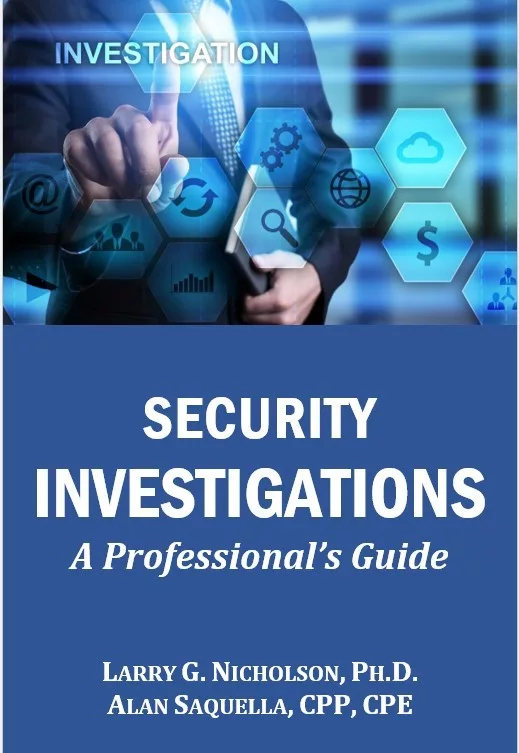FBI, Inc.

If you don’t think your organization needs to partner with the FBI’s Counterintelligence Domain Program, you might want to think again. The facts are clear and the risks are certain: Your intellectual property is probably under siege.
At present, 108 nations are known to be engaged in efforts to steal IP from U.S. organizations. It is estimated that China alone has over 3,000 “front companies” in the U.S. tasked with stealing IP. Observe the recent sentencing of Chi Mak, a Chinese born engineer working in the US for a large defense contractor. Mak was no bumbling, impatient crook.
Such an assignment would only be given to a well-trained and highly regarded, “sleeper-agent” who at government direction moved here over 20-years ago and worked his way up the ladder to earn promotions and security clearances. His brother was arrested at LAX on his way to deliver a disk of highly classified U.S. intelligence to their Chinese handlers. The 67 year-old Mak received what was tantamount to a life sentence, 24-½ years in prison. The federal judge who sentenced Mak described the sentence as a “warning to China.”
But economic espionage, which could spell disaster for your organization’s economic future, does not only occur within the Fortune 500 or at the big defense contractors. More often, it happens at many of America’s smaller companies that participate in larger organization’s supply chains since 99.9 percent of all U.S. businesses have fewer than 500 employees.
“It is alarming that we are losing our competitive advantage as a country, all it takes is one employee to make an error or steal and harm the organization. We know about the vulnerabilities, but we are not effectively or aggressively addressing them,” said Lynn Mattice, Chairman Emeritus of the National Intellectual Property Law Institute.*
Organizations’ Interconnections
Simply put, big organizations with strong security policies and programs are connected to small organizations that are not as effective at managing risk in the global environment.“This is the great challenge for the business leader,” said Mattice. “They have to walk the thin line between allowing commerce and preventing bad things from happening. It is critical that security and business risks are effectively communicated and risk/security issues receive increased focus at the CEO and board level.”
Thankfully, the FBI has transformed to a proactive organization that is reaching out to organizations like yours to identify threats and eliminate risks to IP theft. During my recent visit to FBI headquarters, I was able to learn firsthand how the FBI’s Domain program offers real solutions and results for organizations at risk. Starting with Tom Mahlik, Section Chief of Counterintelligence Strategy and Domain Section at the FBI and across this customer-centric organization, Domain is for real.
The FBI is also aggressively sharing information through its InfraGard program. InfraGard is a partnership between the Bureau and the private sector. InfraGard is dedicated to sharing information and intelligence to prevent hostile acts against the United States and its chapters are geographically linked with FBI Field Office territories.
The FBI’s focus on enabling business to go forward while preventing IP theft is new and refreshing. As we discussed recent cases, InfraGard is willing to impart information and find solutions for organizations that identify and mitigate risks at the IP creation stage.
How to get started?
Realize you may be a target of a foreign country’s efforts to illicitly obtain technology. Identify your most sensitive research, technology and information that foreign intelligence or foreign competitors may seek. Commit to protecting these equities by partnering with the FBI’s CI Domain Program.Remember, while the FBI stands ready to assist in defining the threat as well as security education training and awareness, it is equally anxious to learn from you, the business community. Contact your FBI CI Domain Coordinator assigned to the FBI office in your local area. Also, visit http://www.infragard.net/member.php and apply today.
Sources:
James Kitfield is the defense correspondent for National Journal in Washington, D.C. Air Force Association.
Security Magazine: Forces of Change; April 2008 for the most eloquent and in-depth view of events impacting security risks and organizational strategies to mitigate them.
*Lynn Mattice is Chairman of the Board of Advisors for the Security Executive Council; Chairman Emeritus of the National Intellectual Property Law Institute and former Vice President and CSO of Boston Scientific.
Looking for a reprint of this article?
From high-res PDFs to custom plaques, order your copy today!




